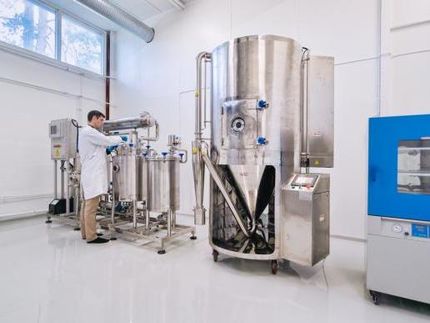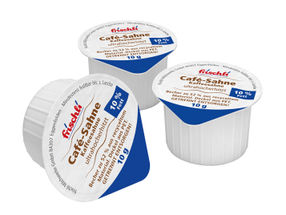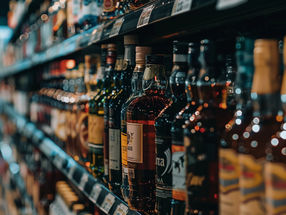Same rules for food supplements in Europe
European food safety authorities present list of critical substances
Advertisement
Food supplements are to become even safer in Europe in future. To this end, the heads of European food safety agencies (Heads of Food Safety Agencies - HoA) unanimously adopted a list of critical substances at their meeting in Brussels today.
The basis for this is a report by the Food Supplements Working Group. The working group, in which 26 European countries are active, has identified 117 substances that may pose a health risk due to their potentially dangerous properties. They should therefore not be used in food supplements, or only to a limited extent. The list can serve as an essential basis for the EU legislator to take further steps.
"Making food supplements safer is an important part of our daily work to protect the health of citizens in Europe. By drawing up the list of critical substances, the working group is making a significant contribution to this," emphasizes Friedel Cramer, President of the Federal Office of Consumer Protection and Food Safety (BVL).
"I would like to thank all members of the working group for their constructive work. For me, it is a successful example of the valuable and practical cooperation between food safety authorities in Europe."
Among other things, the working group collected information on possible risks associated with the consumption of the 117 listed substances. In particular, if these substances are ingested in concentrated form, for example in food supplements, they may pose a risk to human health. Existing regulatory risk assessments were taken into account when evaluating the listed substances.
In its report, the working group concludes that 12 substances are primarily suitable for legally binding regulation. In the view of the working group, the European Commission should now commission the European Food Safety Authority (EFSA) to evaluate these substances. This is what the legislative procedure provides for. If the EFSA confirms the conclusions of the HoA Working Group on Food Supplements, the European Commission can restrict or ban the use of these substances by including them in Annex III of Regulation (EC) No. 1925/2006 (EU Enrichment Regulation).
The report recommends further regulatory measures for the remaining 105 substances. These include a proposal to the European Commission to include certain substances in the Novel Food Status catalog.
The "Heads of Food Safety Agencies" (HoA) is an informal body of the heads of the food safety authorities of European countries. This includes the members of the European Union and the countries Iceland, Liechtenstein, Norway and Switzerland. The main aim of the committee is to network and promote cooperation between state actors in the area of food safety. The committee meets once every six months at the invitation of the respective EU Council Presidency. The HoA sets up working groups and commissions them to work on proven and new risk management practices in Europe. The working group on food supplements has been meeting since 2020 and has been chaired by Germany and co-chaired by the Netherlands since 2022.
Note: This article has been translated using a computer system without human intervention. LUMITOS offers these automatic translations to present a wider range of current news. Since this article has been translated with automatic translation, it is possible that it contains errors in vocabulary, syntax or grammar. The original article in German can be found here.




































































